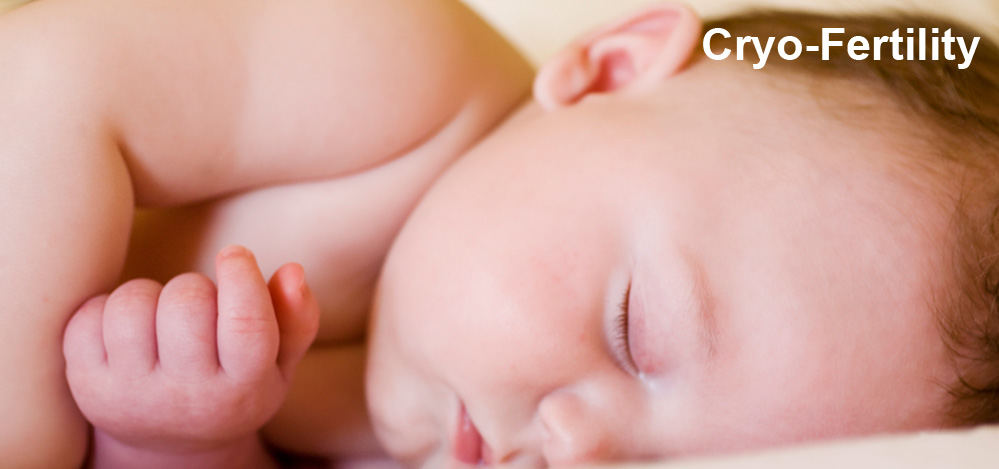
How cryofertility can help you plan your future
There are many reasons why you may want to freeze your eggs, sperm, or embryos. And, thanks to many cryobiology advancements in the past decade, the rate of success using cryopreserved cells is improving.
Freezing your eggs
For women who wish to postpone reproduction in order to pursue an education and/or career or who simply haven’t found their life mate, cryopreservation of your eggs ensures that you will have young eggs at a later date. You see, as we age, so do our eggs, and old eggs do not do as well as young eggs when it comes to successful reproduction. It is equally important to consider preserving your eggs if you are diagnosed with an illness whose treatment might interfere with your ability to have children in the future.
Freezing your sperm
Men, as they age, have a decrease in overall reproductive function with a reduction in hormone production and sperm production by the testicles over time. In your youth, you may be virile, and, unlike women, the male reproductive system slowdown does not adversely affect reproduction until much later in life. However, as with women, certain illnesses and the treatment of illnesses can lead to infertility at any age. You should consider preserving your sperm if you will be receiving treatment such as chemotherapy, radiation, or surgery for an illness where treatment adversely affects your ability to reproduce.
Freezing embryos
When undergoing IVF you may have several eggs fertilized at one time. Since it’s not advisable to implant more than two to three embryos in a single cycle, you may want to preserve the additional embryos. Then, if the current embryo transfer doesn’t take, you will have embryos that are ready for implantation in a future cryotransfer cycle.
Our embryologists are board-certified and experienced in cryopreservation techniques. Using a traditional freezing or vitrification techniques, an ultrarapid freezing process that eliminates ice crystals from forming in cells (ice crystals can be damaging to cells), we can preserve eggs with a reasonable chance to survive thawing, to fertilize, and to produce embryos that have the potential to result in a viable pregnancy. Sperm freezing and embryo freezing are quite successful also.



